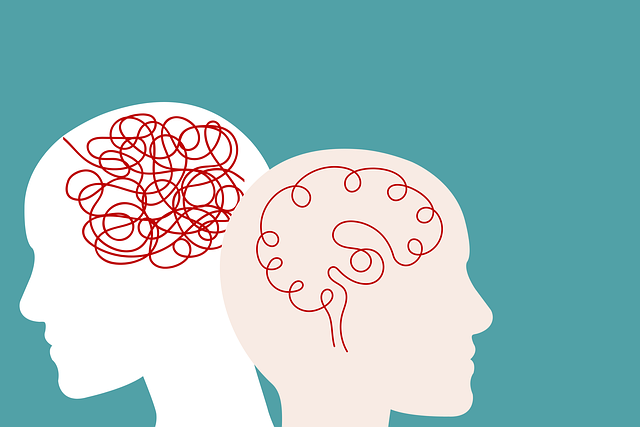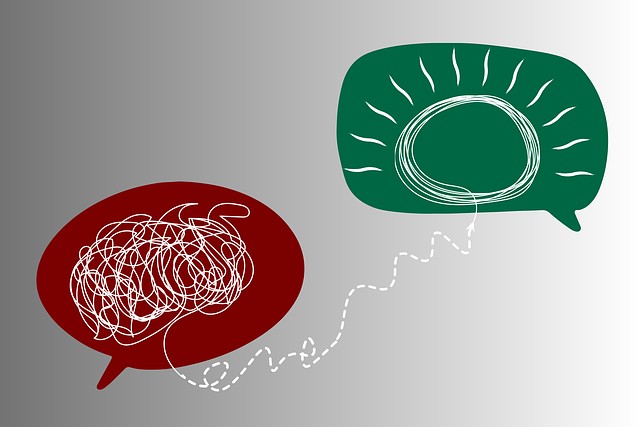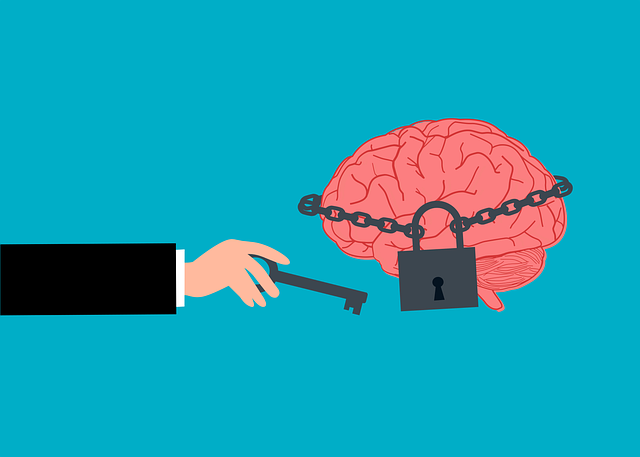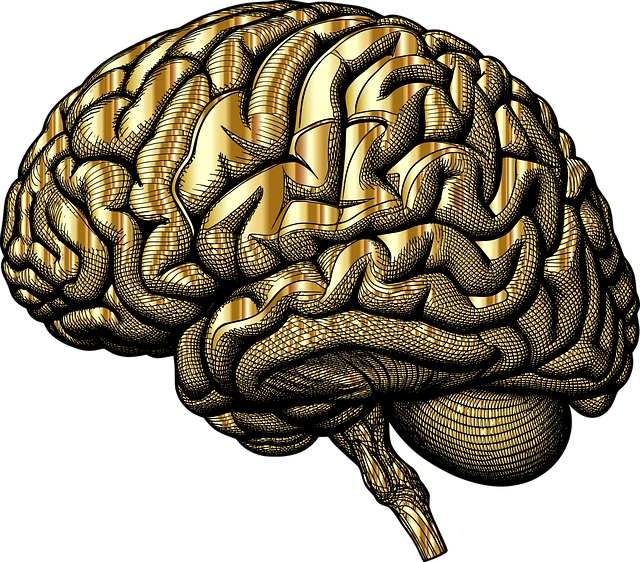Lone Tree Mindfulness Therapy (LTMT) is a holistic, present-moment focused approach to mood regulation and emotional well-being. By cultivating mindfulness and non-judgmental observation of thoughts and feelings, LTMT enhances emotional intelligence, fosters resilience against mood disorders, and promotes effective stress management. Daily practices like meditation, journaling, and mindfulness exercises improve self-awareness, inner strength, decision-making, and emotional regulation, preventing burnout. Integrating LTMT techniques into daily routines offers long-lasting mood balance, insights into emotional triggers, and better coping mechanisms for managing stress, anxiety, and depression.
Mood regulation is a vital skill, especially in today’s fast-paced world. This comprehensive guide explores effective strategies to help you navigate and stabilize your emotional state. We delve into the power of Lone Tree Mindfulness Therapy, a revolutionary approach for cultivating mindfulness. Learn practical techniques to manage daily stressors and achieve long-lasting emotional balance. Discover advanced strategies for persistent mood disorders, offering hope and tools for a more serene existence.
- Understanding Mood Regulation: The Role of Lone Tree Mindfulness Therapy
- Techniques for Daily Practice: Cultivating a Stable Emotional State
- Integrating Mindfulness into Routine: Long-Lasting Mood Balance
- Overcoming Challenges: Advanced Strategies for Persistent Mood Disorders
Understanding Mood Regulation: The Role of Lone Tree Mindfulness Therapy

Understanding Mood Regulation: The Role of Lone Tree Mindfulness Therapy
Mood regulation is a vital aspect of maintaining mental well-being, involving strategies to manage and stabilize emotions effectively. Lone Tree Mindfulness Therapy (LTMT) has emerged as a powerful tool in this domain, offering individuals a holistic approach to emotional control. LTMT focuses on training the mind to stay present and aware, thereby fostering a sense of calm and clarity that can help navigate intense or negative emotions.
This therapy emphasizes the practice of mindfulness, encouraging individuals to observe their thoughts and feelings without judgment. By cultivating positive thinking and self-esteem improvement, LTMT empowers people to develop resilience against mood disorders. Moreover, its emphasis on mental health policy analysis and advocacy underscores the broader societal impact, promoting awareness and resources for effective emotional well-being management.
Techniques for Daily Practice: Cultivating a Stable Emotional State

In the pursuit of emotional well-being, cultivating a stable emotional state through daily practice is paramount. Techniques such as Lone Tree Mindfulness Therapy offer powerful tools to navigate life’s ups and downs. By integrating mindfulness into everyday routines, individuals can enhance self-awareness and develop inner strength. This involves focusing on the present moment, observing thoughts and emotions without judgment, and fostering a non-reactive mindset—a skill crucial for managing stress and preventing burnout, especially among mental health professionals.
Regular practices like meditation, deep breathing exercises, and journaling promote emotional regulation. These activities help individuals process their feelings more effectively, leading to better decision-making and improved risk management planning. By nurturing an inner sanctuary where calmness and clarity prevail, one can reduce the impact of negative emotions and build resilience. This proactive approach to mental health not only prevents burnout but also empowers individuals to navigate life’s challenges with greater ease and composure.
Integrating Mindfulness into Routine: Long-Lasting Mood Balance

Integrating mindfulness into your daily routine is a powerful strategy for long-lasting mood balance, as advocated by Lone Tree Mindfulness Therapy. It involves cultivating present-moment awareness and non-judgmental acceptance of thoughts and feelings. By practicing mindfulness, individuals can develop a deeper understanding of their emotional triggers and learn to respond rather than react, thereby preventing impulsive decisions that might exacerbate depression or lead to burnout.
This approach aligns with the mind over matter principles, teaching people to take control of their mental state. Regular mindfulness exercises have been shown to reduce symptoms of anxiety and depression, enhance emotional resilience, and improve overall well-being. By incorporating practices like meditation, deep breathing, or mindful walking into one’s routine, individuals can create a sense of calm and clarity, fostering better coping mechanisms for stress management. Such proactive measures not only aid in depression prevention but also promote burnout prevention by encouraging a more balanced and thoughtful approach to life’s challenges.
Overcoming Challenges: Advanced Strategies for Persistent Mood Disorders

Overcoming challenges related to persistent mood disorders requires a multifaceted approach that goes beyond basic coping mechanisms. Advanced strategies like Lone Tree Mindfulness Therapy offer transformative solutions for individuals struggling with prolonged periods of low or high moods. This therapy combines mindfulness meditation techniques, proven effective in calming the mind and reducing stress, with personalized therapeutic interventions tailored to each client’s unique needs.
Incorporating Mindfulness Meditation into one’s daily routine can be a powerful tool within this framework. Moreover, Stress Management Workshops Organization provides structured environments for learning and practicing techniques that foster emotional resilience. Additionally, developing a robust Self-Care Routine Development for Better Mental Health is essential for maintaining overall well-being. These integrated methods not only address the symptoms of mood disorders but also equip individuals with lifelong skills to navigate life’s challenges more effectively.
In conclusion, mood regulation is a multifaceted process that can significantly enhance our overall well-being. By understanding the role of Lone Tree Mindfulness Therapy and integrating its techniques into daily routines, individuals can cultivate emotional stability. This holistic approach, combined with advanced strategies for persistent mood disorders, offers a path to achieving long-lasting mood balance. Embracing mindfulness practices ensures resilience against life’s challenges, fostering a sense of equilibrium and improved mental health.














